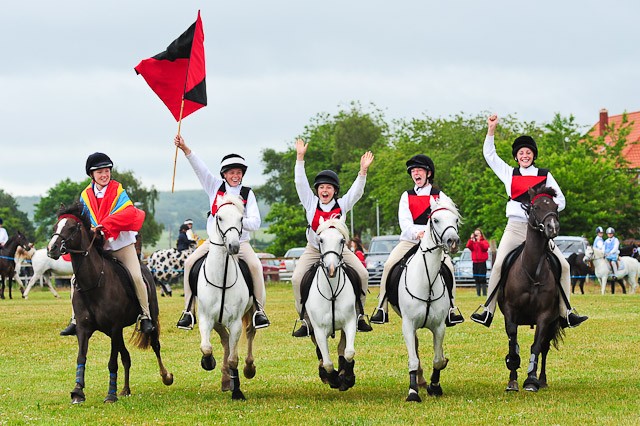
Self-Esteem Assessment of Adolescents Involved with horses
Adolescence can be a difficult time, where self-esteem is learned and developed. Self-esteem is defined as the capacity for evaluating their fundamental worth as a person. This research aimed to investigate if a change in self-esteem was brought about after adolescents took part in horsemanship activities.
The study involved 122 adolescents, aged 12-18 years, who participated in a 6 day course at the Florida 4-H Horsemanship School. All participated in the experiment, so no control group was present. The participants had varying levels of experience with riding horses. The participants filled in a self-developed questionnaire before and after the horsemanship school, which assessed one independent variable (horsemanship activities) and four dependent variables (self-esteem, personal horsemanship attributes, physical competence, and physical self-acceptance).
The results show that there was a small but significant increase in self-esteem after the participation in the horsemanship school. However, no significant changes were found with regard to personal horsemanship attributes, physical competence and physical self-acceptance. Furthermore, a positive relationship was found between personal horsemanship attributes and self-esteem, meaning that adolescents with high horsemanship attributes tended to have higher self-esteem.
Expert opinion by Els Smet
Although these results show a small but significant increase in self-esteem, this is in line with other research done on the effect of working with horses and the effect on self-esteem. It could therefore be possible for youth practitioners to incorporate this knowledge when creating youth development programs.
> From: Saunders-Ferguson et al., Journal of Extension 46 (2008) . All rights reserved to Research Gate. Click here for the online summary.


